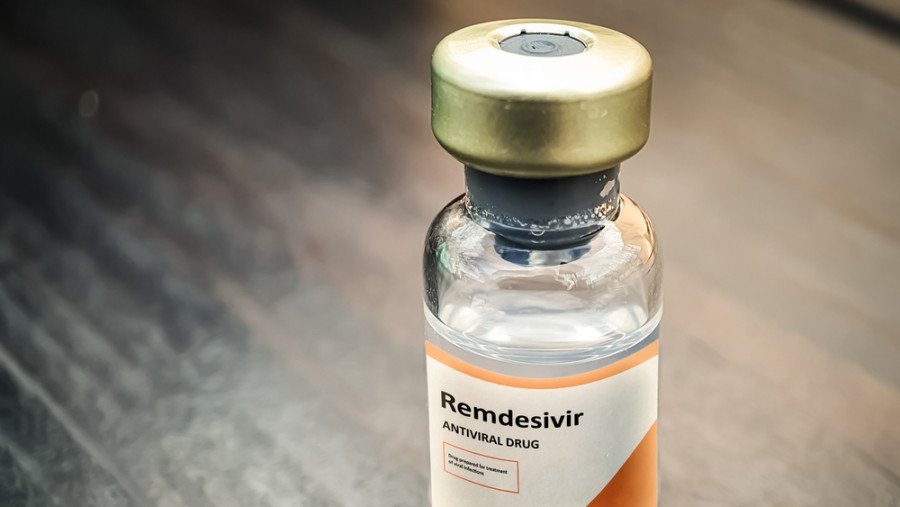The World Health Organisation’s chief scientist, Soumya Swaminathan, has said experts and regulators assessing the use of remdesivir against Covid-19 should take into account all evidence, including the WHO’s global trial that found no benefit.
“We believe our results are robust and we hope that people doing treatment guidelines and regulators around the world will take note of our study results in addition to other evidence,” Swaminathan said at a WHO briefing, a day after US regulators approved remdesivir for Covid-19.
An Indian panel of medical experts is also examining available global evidence on remdesivir and is expected to decide in the coming days if the drug should continue to be offered to Covid-19 patients.
The national treatment guidelines pencilled earlier this year recommend remdesivir for Covid-19 as an “investigational drug” under emergency use authorisation.
The US Food and Drug Administration on Friday approved remdesivir citing three clinical trials, including one by the US National Institutes of Allergies and Infectious Disease (NIAID). The FDA said the WHO results did not refute the findings of benefits observed in the US trials.
The NIAID trial found recovery time from Covid-19 was 10 days in patients who received remdesivir compared to 15 days for patients who received the placebo. The overall 29-day mortality was 11 per cent in the remdesivir group and 15 per cent in the placebo group, a difference the FDA said was “not statistically significant”.
Swaminathan said it appeared that the FDA used data from Gilead, the US manufacturer of remdesivir, and did not take into account the WHO trial’s findings.
“What we understand… the FDA decision was based on data submitted to them from Gilead which did not include the (WHO) trial results,” she said, pointing out that Gilead had advance access to the results.
“They first saw the results on September 23 and saw the full manuscript on September 28,” Swaminathan said. “They had the results even before they were public through medRxiv (a preprint archive). We gave it to them 10 days in advance. It appears that the results were not provided to the FDA.”
Some doctors have argued that the WHO trial was not placebo-controlled and was not double-blind — in other words, it did not adopt the most rigorous of standards for clinical trials.
But Swaminathan said the trial was still robust because it looked at endpoints such as death.
“Death is not a soft endpoint. You cannot fudge that endpoint,” Swaminathan said. “We looked at progression to ventilation which is again very objective. On the other hand, the (US-NIAID) trial looked at time to recovery.”
Another top WHO official, speaking at the briefing, suggested what really matters in whether a drug should be used or not are the treatment guidelines and not the regulatory status of drugs.
“The primary function of regulatory authorities at the national level is to assure safe products are put on the shelf and that… they have certain levels of proven efficacy or indicative efficacy,” said Michael Ryan, WHO’s executive director. “The regulatory process is a signal for what can go on the shelf.”
What doctors ultimately use is based on complex clinical guidance, he said. “For day-to-day practice, it is the clinical guidance package that is most important in guiding physicians to use what is on the shelf.”












